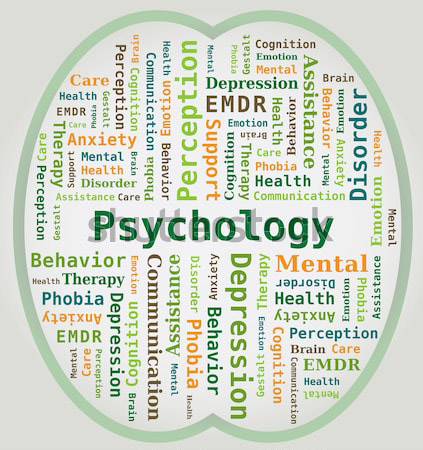Coping with fear of Covid-19
KATHMANDU: With more than a hundred days in lockdown due to coronavirus pandemic, the general state of mind of most of the people has had significant changes or shifts.
Amid this situation, many organisations are working to aid people to overcome their fear, stress, anxiety related to Covid-19.
One of such organisations, Sambhavya Foundation, has been conducting individual counselling sessions on issues related to domestic violence, fear of Covid-19, frustration/anger issues during the lockdown, mild anxiety, family disputes, feeling of inadequacy, verbal and physical abuse, trust issue, and also conducting online assessment for scouting people in need.
The organisation is a group which includes an advisory team of clinical psychologists, research psychologists, child psychologists and psychology professors of Tribhuvan University acting as guide and mentor, brought together by a common vision of reaching out to as many schools as possible for the sake of students' mental-wellbeing and promote psycho-social well-being on a communal level.
The Foundation has initiated a 24 hour, free online counselling and tele-counselling programmes. Furthermore, it has an online assessment form developed in order to scout individuals in need of intervention.
The form (for school students and for college students and working individuals) also helps people to reach out in an anonymous manner and is open for anyone willing. The programme is aimed at school students, independent individuals, and quarantine facilities. With the data derived from the forms, the group assesses and filters out individuals in need of counselling and personally requests them for sessions.
Common problems seen among young students was the fear of contracting Covid-19 or death by Covid-19, fear to go out for groceries or other activities, fear surfaced after catching a small cold and such.
Moreover, students lose sense and structure of their surrounding and keep themselves in isolation from friends and relatives; exposure to family disputes and domestic violence make them overthink and ruminate about incidents which they could simply let go.
The organisation helps students and people with such tendency by allowing them to have a discussion and let them do research about coronavirus infection on their own so as to learn about symptoms and how to protect oneself from the infection.
With one-to-one talk, the counsellors help people to compare their past and present situation to make progress day by day.
The organisation is extending its scope from schools to quarantine facilities with ‘empathetic ears’ and emotional support and hope to guide those in need towards well-being.






